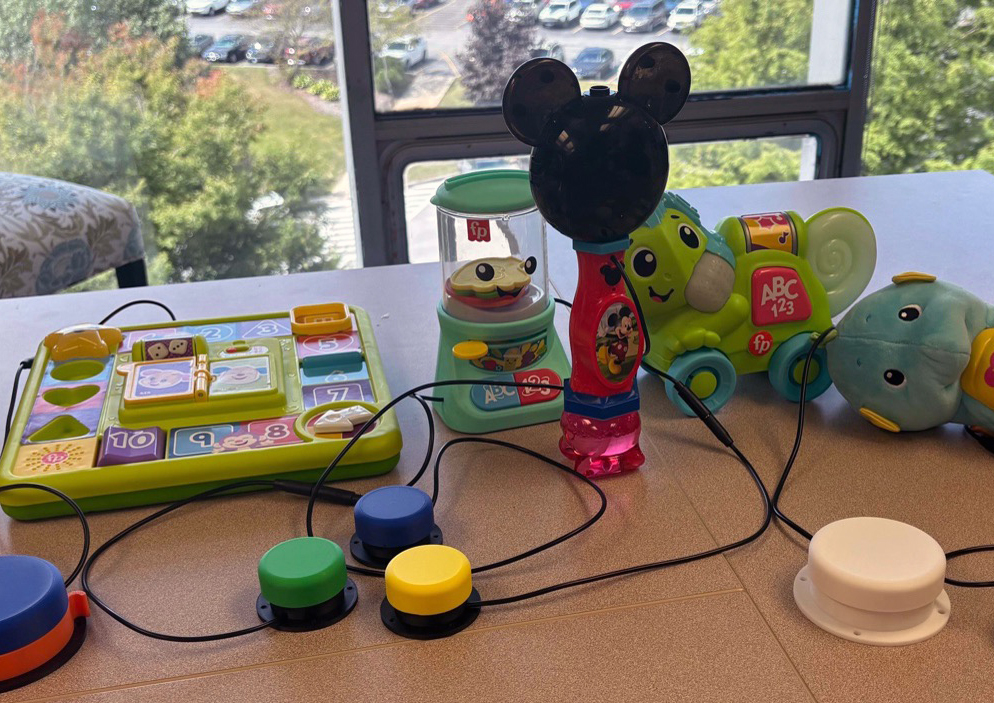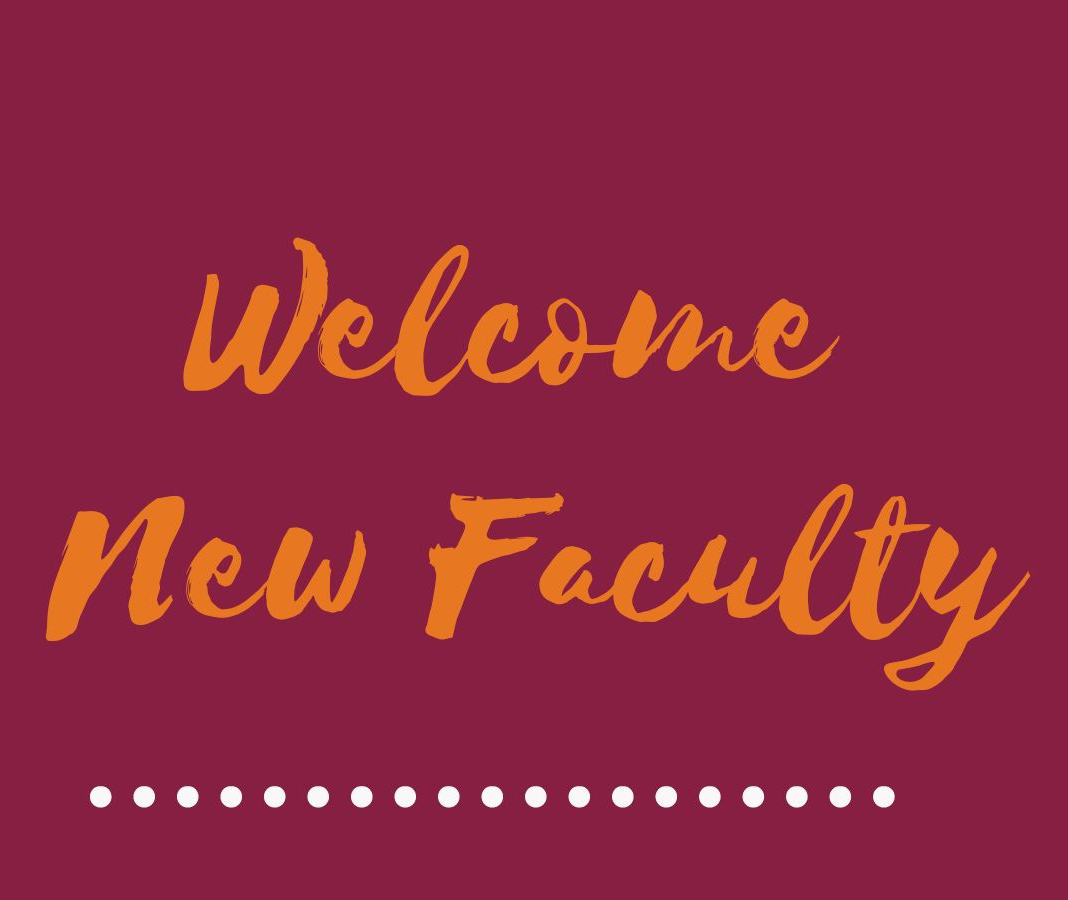Vice President for Academic Affairs Michael McGinnis announced last month that artificial intelligence is the theme for the 2024-25 academic year at the University.
In conjunction with this theme, an AI student guide will be produced and disseminated, faculty workshops on the subject will be conducted, and reading groups focused on integrating AI into education at SFU will be organized.
“Experts are telling us how important AI is, but our students already know that,” said McGinnis. “This, coupled with companies coming to us and saying that we need to have our students AI-ready, pushed us to focus on AI.”
McGinnis said AI is revolutionizing today’s professional and educational landscapes.
“Companies no longer expect their employees to take minutes. They record meetings, use AI to transcribe them, and generate summaries,” he said.
“It really comes down to efficiency – how does AI make you more productive?”
During the current semester, the Center for Excellence in Teaching and Learning (CETL) has been conducting AI workshops with faculty. Participants in the workshops learn about the latest developments in a quickly evolving AI field.
“We’ve been meeting once a month this fall. Our conversations have been on what tools are out there and teaching with AI,” said Briana Keith, Assistant Dean of Academic Quality, Assessment and Compliance.
“We’re trying to shift the mindset from AI detection and cheating to teaching students about it. How can we incorporate AI into assignments or activities?”
McGinnis said the CETL workshops help faculty members take the first steps in understanding how AI can be incorporated into their courses.
“We’re encouraging faculty to engage students in small ways – like asking them to use AI to generate an outline for a paper, then submitting the outline for review,” he said.
In addition to organizing workshops, the CETL staff is collaborating with faculty members from the English Department to address AI-related syllabus policies. CETL staff have also offered sessions that address other AI-related topics.
Despite its many benefits, AI has sparked concerns by many educators who fear it will hinder students’ development of core academic skills.
“Some students are afraid to tell their professors they’re using AI, but the difference between what AI generated and what you produced yourself is key,” said McGinnis. “It’s about using AI prompts to help you gather your ideas.
“We don’t want AI to do the work for students; we want it to enhance their work.”
McGinnis and Keith both said one of the biggest ethical considerations related to AI is protecting confidential data.
“It’s essential to be cautious about what information you input into AI to avoid violating FERPA laws or sharing private data,” said McGinnis. “For example, scanning a resume into AI to write a letter of recommendation puts that personal information into the cloud.”
Keith cited other concerns.
“Another issue is bias and hallucinations – AI sometimes generates false information, so you still need to fact-check,” she said.
“For example, AI might give all examples about white men, and when asked to account for the bias, it could start making up information.”
While AI can help students and faculty in various ways, there’s a fine line between having AI “assist” versus “complete” work that is assigned.
“If people get too comfortable with AI, they might stop engaging with the material altogether -like using AI to summarize a book instead of reading it themselves,” said McGinnis.
“There’s also a data overload issue. AI can increase efficiency, but it’s important to make sure it’s giving you the right information.”
McGinnis said that some AI detection tools have become dangerous because they rely too heavily on technology.
“AI detection tools aren’t perfect and they can flag things that aren’t actually AI-generated,” he said. “It’s important for professors to understand that writing styles differ.
“Just because a tool says AI was used, that doesn’t mean it was.”


















